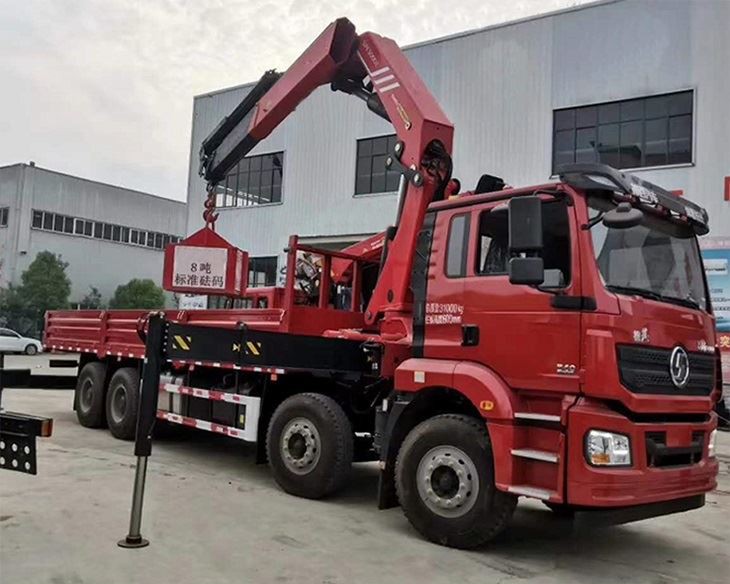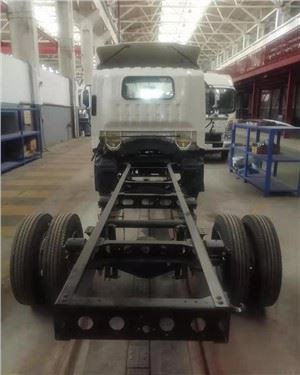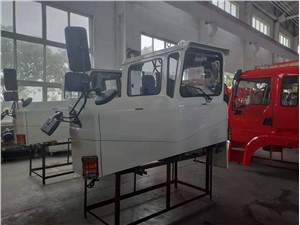How Much Do Trash Trucks Cost? A Comprehensive Guide

When considering the purchase or leasing of a trash truck, it’s essential to understand the various factors that contribute to the cost. Whether you’re part of a waste management company, a municipality, or even a private entity that handles waste disposal, this article will delve into the specifics of how much trash trucks cost, covering various models, financing options, and additional expenses. By the end, you will have a thorough grasp of the investment involved in acquiring and maintaining a trash truck.
Introduction to Trash Truck Costs
Trash trucks are vital for efficiently collecting waste in communities and industrial sectors. The cost of these vehicles varies based on several factors, including the type of truck, its specifications, and potential add-ons. Understanding these variables can aid in making an informed decision when investing in a trash truck. This article aims to break down all aspects associated with the costs of trash trucks, ensuring that you are well-prepared for this significant investment.
Factors Influencing Trash Truck Costs
1. Type of Trash Truck
The type of trash truck is one of the most critical factors affecting its cost. Here are the primary types:
- Rear-Loader Trucks: These trucks are typically less expensive and are designed for residential waste collection. They cost between $100,000 and $200,000.
- Front-Loader Trucks: More suitable for commercial waste collection, front-loaders are pricier, generally ranging from $150,000 to $300,000.
- Side-Loader Trucks: Often used for both residential and commercial collection, side-loaders can cost between $120,000 and $250,000.
- Roll-off Trucks: Used for collecting large containers, roll-off trucks typically fall in the range of $200,000 to $350,000.
2. Make and Model
The manufacturer and specific model of the truck also play a crucial role in the pricing. Popular brands include:
| Brand | Typical Price Range |
|---|---|
| Freightliner | $100,000 – $300,000 |
| Peterbilt | $120,000 – $350,000 |
| International | $110,000 – $280,000 |
3. New vs. Used Trucks
Deciding between new and used trucks significantly impacts cost. New trucks come with the latest technology and warranties but are more expensive, while used trucks may save money upfront but could incur additional repair costs later.
4. Specifications and Features

Additional features like compaction systems, automated systems, and advanced safety features can increase the cost. Customization options may also add to the pricing.
5. Geographic Location
The location where you plan to operate the truck can influence its price due to varying regulations, demand, and shipping costs. Urban areas may face higher vehicle costs due to more stringent emissions regulations.
Financing Options for Trash Trucks
1. Purchasing Outright
Buying a trash truck outright provides full ownership. Although it requires a substantial initial investment, it can be more cost-effective in the long term without monthly payments.
2. Leasing
Leasing allows businesses to use a trash truck without the hefty upfront cost. While it includes lower monthly payments, you may not own the truck at the end of the lease term.
3. Financing Through Loans
Taking out a loan is a common option. You can finance your purchase and pay it back over time. Interest rates and loan terms will vary and should be considered carefully.
Operational Costs Associated with Trash Trucks
1. Fuel Costs
Fuel is a significant part of ongoing costs. The average fuel efficiency of a trash truck ranges from 5 to 8 miles per gallon, which needs to be factored into operating budgets.
2. Maintenance and Repairs
Regular maintenance is crucial for longevity and can be costly. Budgeting for routine services, unexpected repairs, and parts replacements is vital.
3. Insurance
Insurance costs for trash trucks can vary significantly based on the truck’s value, the coverage type, and your location. Expect to pay anywhere from $1,500 to $3,500 annually for insurance coverage.
4. Driver Costs
Hiring skilled drivers is another expense that must be factored into operating costs. The average salary for a trash truck driver ranges from $35,000 to $60,000 per year, depending on experience and location.
Examples of Trash Truck Costs
1. New Truck Example
A new front-loader truck from Peterbilt costs approximately $250,000, including basic specifications but may increase with added features.
2. Used Truck Example
A used rear-loader truck might cost around $80,000, depending on its age, condition, and mileage. It is crucial to investigate the truck’s history to avoid unforeseen issues.
Buying Tips for Trash Trucks
1. Research Thoroughly
Before making a purchase, research various makes and models, considering reviews, reliability ratings, and user experiences. Websites specializing in vehicle reviews can be invaluable.

2. Inspect Before Buying
For used trucks, conduct a thorough inspection. Hiring a qualified mechanic to check for potential issues can save you from future expenses.
3. Consider Resale Value
Some brands retain their value better than others. Research the depreciation rates of different models to make an informed investment.
4. Factor in Total Cost of Ownership
Look beyond the purchase price; consider operational costs, maintenance, and resale value to understand the overall cost of ownership.
Frequently Asked Questions (FAQs)
1. What is the average cost of a new trash truck?
The average cost of a new trash truck typically ranges from $100,000 to $350,000, depending on the type and specifications.
2. How much does a used trash truck cost?
Used trash trucks can range from $30,000 to $150,000, depending on their condition, model, and mileage.
3. What financing options are available for trash trucks?
You can purchase outright, lease, or finance through a loan, with each option presenting its own benefits and drawbacks.

4. What are the ongoing operational costs of a trash truck?
Ongoing costs include fuel, maintenance, insurance, and driver salaries, which can add up significantly over a year.
5. How can I ensure I get a good deal on a trash truck?
Thorough research, inspection, and consideration of total ownership costs can help you secure a favorable deal.
